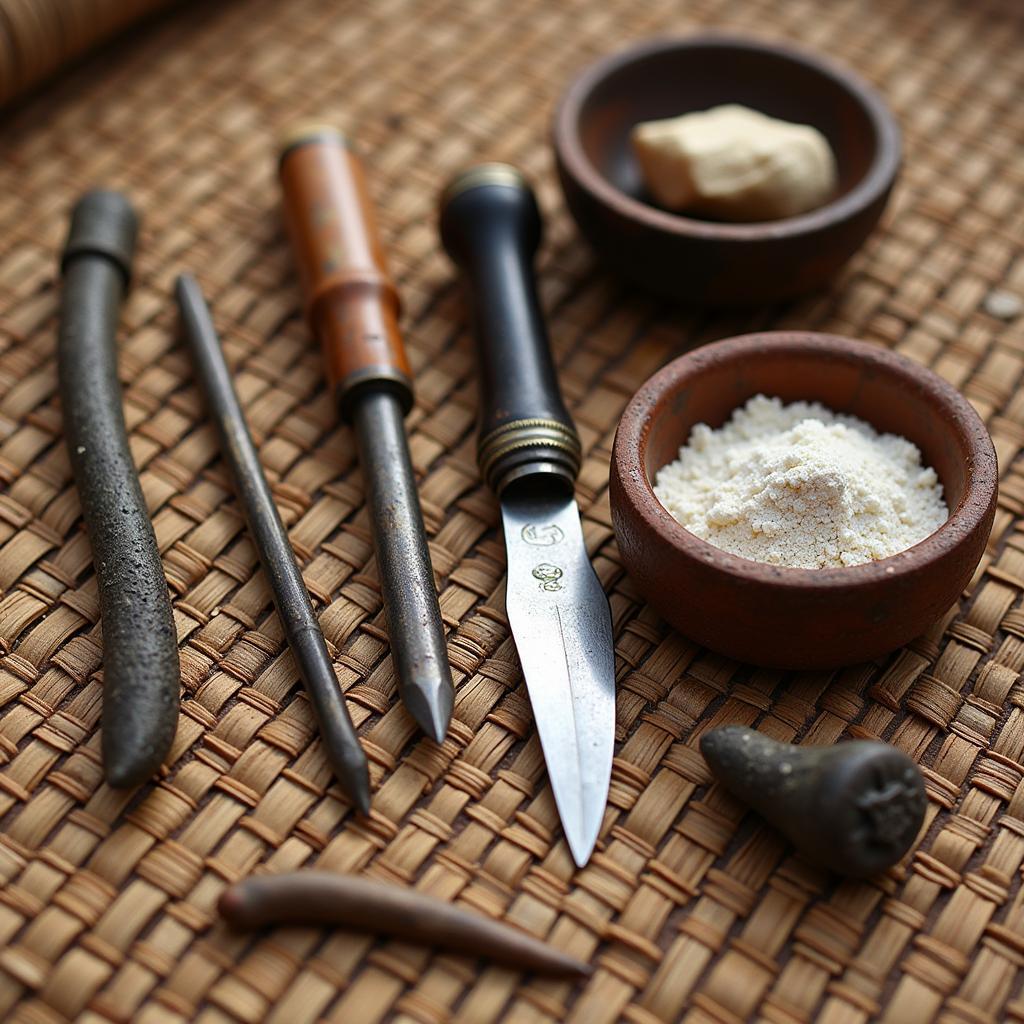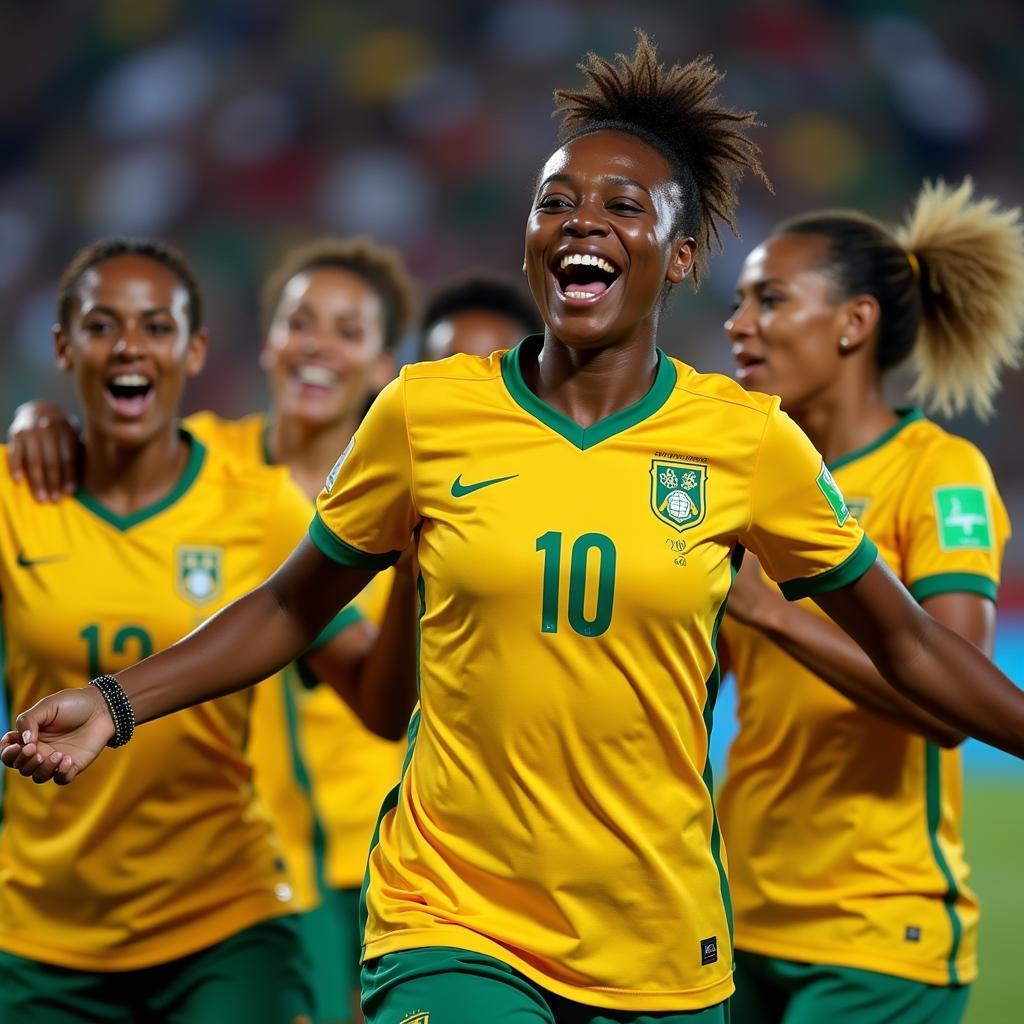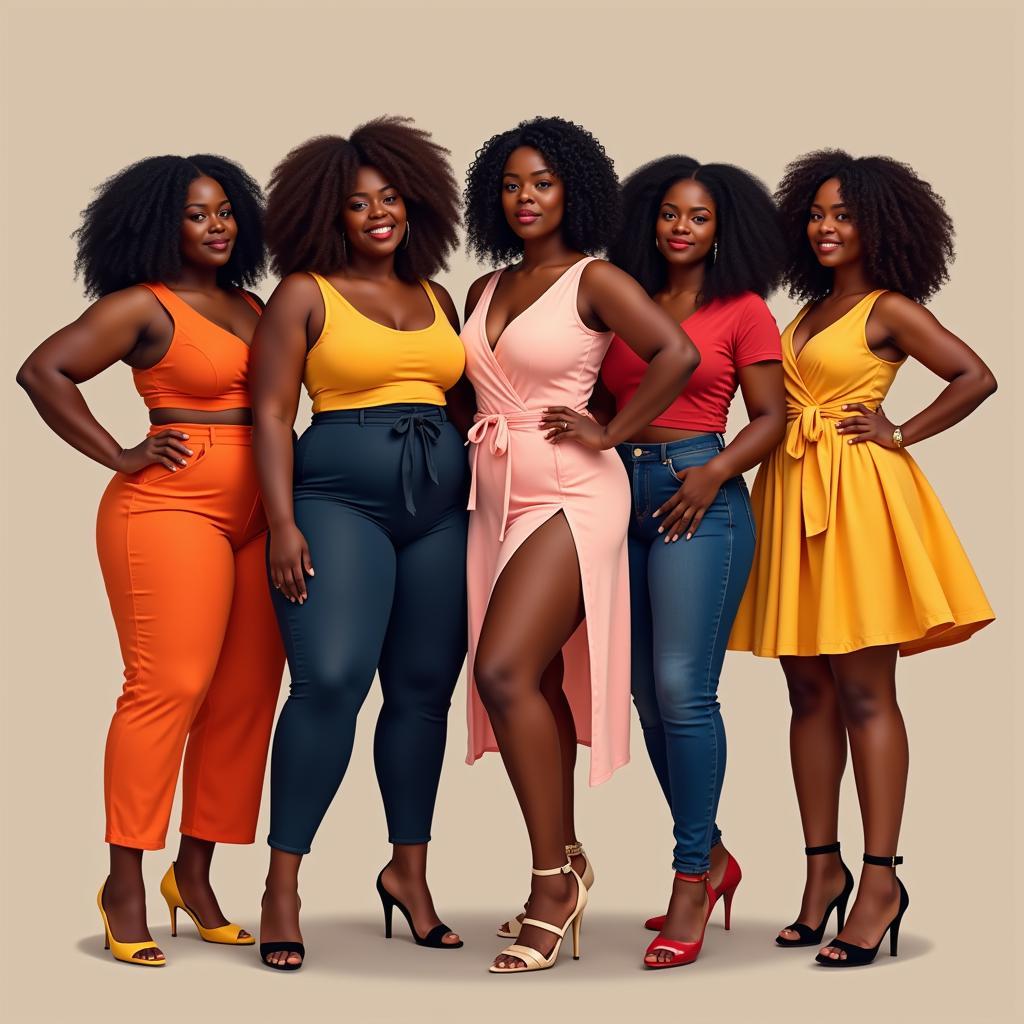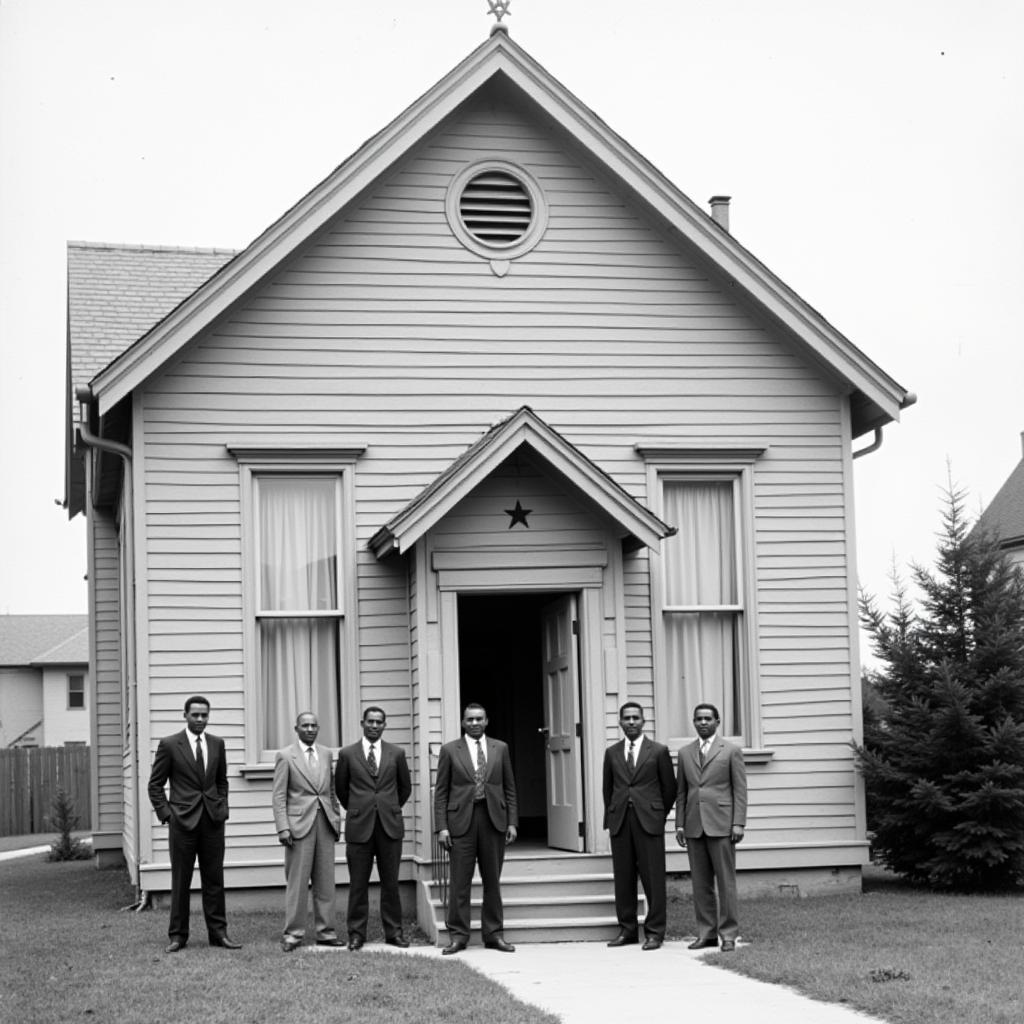African Community Tattoos: Tribal Marks of Identity and Heritage
Tattoos in many cultures are seen as forms of self-expression, but in many African communities, tattoos hold a deeper meaning, representing a visual language that speaks volumes about one’s heritage, lineage, and social standing. These aren’t just designs etched on the skin; they are powerful symbols, stories etched onto the very soul of a community.
Beyond the Surface: Uncovering the Significance of African Tribal Tattoos
For centuries, various groups across the African continent have used African cicatrisation and tattooing as a way to communicate their unique identities. These intricate designs, often passed down through generations, serve as:
- Clan Identification: Like a family crest, specific patterns denote belonging to a particular clan or tribe. This visual marker instantly identifies individuals within a larger community setting.
- Spiritual Connection: Many tribal tattoos are believed to hold spiritual power, acting as a conduit to ancestors or deities. They can signify protection, blessings, or a connection to the spiritual realm.
- Rite of Passage Markers: From childhood to adulthood, significant life events are often marked by specific tattoos. These can signify the transition into adulthood, marriage, or achieving a certain status within the community.
- Beauty Standards: While cultural perspectives vary, certain African animal outlines or patterns are seen as enhancing beauty, signifying strength, grace, or other desirable attributes.
A Tapestry of Techniques: Exploring Traditional Tattooing Methods
Unlike modern tattooing relying on needles and ink, traditional African tribal tattoos were often created using unique methods passed down through generations. Some common techniques include:
- Scarification: This method involves intentionally creating raised scars in specific patterns. This can be achieved through cutting, branding, or applying substances that promote scar tissue growth.
- Inking: Using natural pigments derived from plants, minerals, or charcoal, ink is deposited under the skin to create permanent markings. These pigments often hold cultural significance and are carefully chosen for their symbolic meaning.
 Traditional African Tattooing Tools
Traditional African Tattooing Tools
Cultural Shifts and the Evolution of African Tattooing
As with all traditions, African tribal tattooing is undergoing a transformation in the face of modernization and globalization.
- Decline in Traditional Practices: In some communities, the practice of traditional tattooing is declining due to factors like urbanization, changing beauty standards, and the influence of other cultures.
- Revival and Reinterpretation: Conversely, there’s a growing movement, particularly among younger generations, to revive and reinterpret traditional tattoo designs. This often involves incorporating modern elements while still honoring the cultural significance behind the symbols.
Preserving Heritage: The Importance of Understanding and Respect
It’s crucial to approach the topic of African tribal tattoos with sensitivity and respect. These markings represent deeply personal and cultural narratives. Instead of viewing them through a purely aesthetic lens, it’s essential to appreciate the rich history, symbolism, and traditions they embody.
- Engage with Cultural Experts: Seek out information from reputable sources, cultural organizations, and individuals from the specific communities you’re interested in learning about.
- Respectful Tourism: If you encounter individuals with tribal tattoos during your travels, remember that their bodies are not tourist attractions. Always seek permission before taking photos and engage in respectful dialogue if they are open to sharing their culture.
Conclusion: African Community Tattoos – A Legacy Etched in Skin and Soul
African community tattoos offer a captivating glimpse into the diverse cultures and traditions of the continent. They are a testament to the power of visual storytelling, where each line, scar, and symbol carries profound meaning. By approaching this art form with respect and understanding, we can contribute to the preservation of these rich traditions for generations to come.
FAQs: Frequently Asked Questions About African Tribal Tattoos
1. Are tribal tattoos still practiced in Africa today?
Yes, while the prevalence varies between communities, traditional tattooing is still practiced in various parts of Africa. However, modern influences and changing social dynamics have impacted the frequency and styles of these tattoos.
2. What are some of the most common symbols used in African tribal tattoos?
Common symbols include animals (representing strength or spiritual guidance), geometric patterns (symbolizing social order or cosmology), and representations of nature (signifying fertility or connection to the land).
3. Are there differences between men’s and women’s tribal tattoos?
Yes, often, designs and placements of tattoos differ between genders, reflecting societal roles and expectations within specific communities.
4. Is it appropriate to get an African tribal tattoo if I’m not of African descent?
This is a complex question with no easy answer. It’s crucial to approach cultural appropriation with sensitivity and respect. Instead of directly copying a design, consider finding ways to incorporate elements you connect with into a unique tattoo while acknowledging and honoring their origin.
5. Where can I learn more about the specific meanings behind different tribal tattoos?
The best resources are often cultural organizations, museums, and experts specializing in African art, history, and anthropology.
For more insightful content about African culture, be sure to explore other fascinating articles on our website. Learn about the elegance of African elephant tattoos on ankle or delve into the captivating world of African beauty girl fucked. Our platform is dedicated to sharing the beauty and depth of African Life with the world.
Need assistance or have questions? Feel free to reach out to our dedicated customer support team. Contact us at +255768904061, email us at [email protected], or visit us at Mbarali DC Mawindi, Kangaga, Tanzania. We’re here to assist you 24/7.


